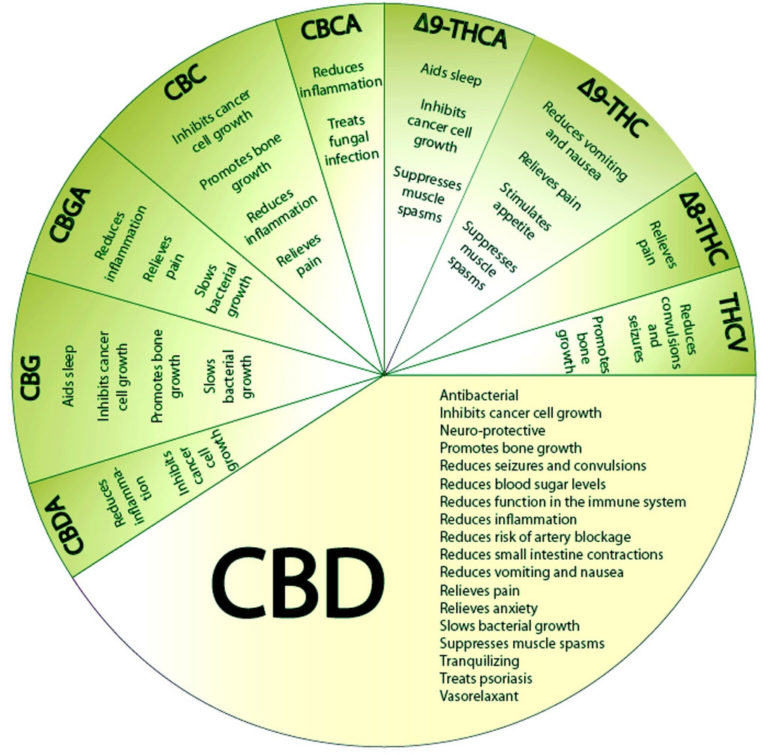Benefits of Cannabis for Alzheimer's disease
List of contents
What is Alzheimer?
Alzheimer's disease is a degenerative pathology that causes progressive and total loss of the cerebral functions in elderly people, especially memory. This disease affects about 30 million people worldwide, a number that will double in the following 20 years due to the aging of the popolation in the industrialized world. Alzheimer affects more women than men, especially because women live longer and this disease development is closely linked with aging.
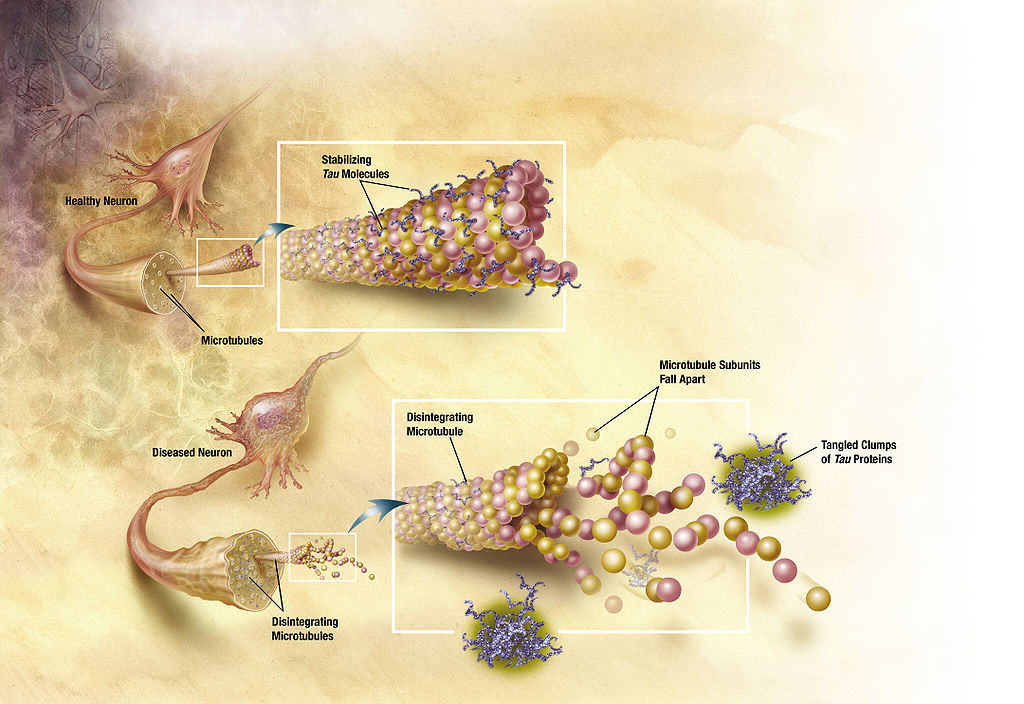
Today, in Spain, more than 600.000 people suffer from Alzheimer's disease, with 40.000 new cases every year. Once the disease starts affecting the person, life expectancy greatly depends on patients (from 3 to 20 years), with an average of 8,5 years. Patient associations estimate that we'll have around 1,5 million people suffering from Alzheimer in Spain by 2050. (Source: Spanish Society of Neurology).
Although a balanced nutrition - and regular brain stimulation - can have protective and preventive effects, we still don't have any effective treatment for Alzheimer's disease once it is active.
During the past years, the cannabis plant and its beneficial properties have become a new hopeful treatment for Alzheimer's disease patients, who are increasingly following this new treatment. We'll see now how the active principles of this plant can combat Alzheimer's symptoms.
http://www.dailymotion.com/video/x3qlv02
How does cannabis combat Alzheimer's disease?
Cannabinoids represent a new and interesting option to prevent and impede the development of symptoms of Alzheimer, since they act differently against this pathology:
- They reduce aggregation of beta-amyloid peptide, which is the main indicator of Alzheimer's disease. They also inhibit phosphorylation of Tau protein, another biological indicator of this condition. (See studies #2, 3, 4, 6, 9, 10)
- They protect neurons - although many media state the opposite - since cannabinoids are not neurotoxic (compared to alcohol, nicotine and some medicines). They actually protect our neurons! (See studies #2, 3, 4, 6, 7, 8, 9, 11). Indeed, the government of the USA already registered the patent US 6,630,507 back in 2003, which protects the use of cannabinoids as anti-oxidants and neuroprotective agents.

- They stimulate neurogenesis (development of new neurons), especially in the brain's hippocampus. (See studies #2, 4, 6, 7, 9)
- They reduce inflammation of the neurons, partially thanks to the anti-inflammatory properties of cannabinoids, but also by reducing the production of cytokines and other proinflammatory molecules. (See studies #2, 3, 4, 6, 7, 9, 11)
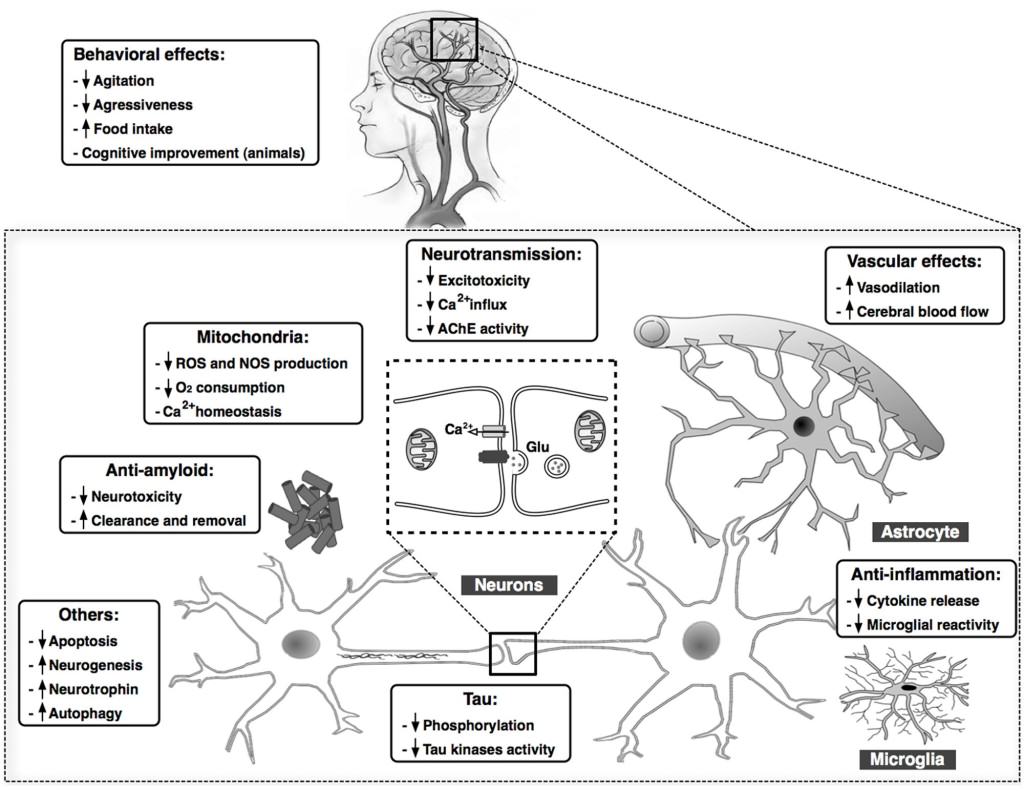
- THC can reduce the activity of acetyl cholinesterase enzyme, enhancing cholinergic neurotransmission and preventing the development of the disease. (See studies #2, 4, 5, 6, 9, 10) Cannabinoids also improve the activity of mitochondria - responsible for energy production in the cells - especially by reducing the production of free radicals responsible for oxidative stress. (See studies #2, 3, 4)
- Finally, cannabinoids improve mood, appetite and sleep while reducing stress, anxiety and agressiveness. This improvement of the quality of life is highly appreciated by both patients and their relatives, who know how difficult it is to deal with Alzheimer's disease.
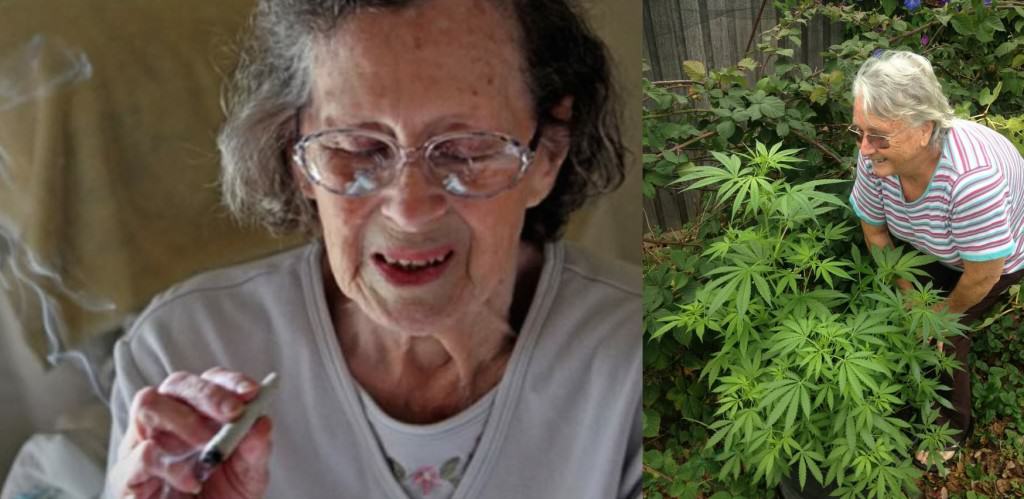
How to use marijuana to treat Alzheimer's disease?
Medical cannabis can be used in several ways. While smoking buds (without tobacco!) is the easiest and fastest way, it is not the most appropriate manner if we want to take care of our respiratory system. A good alternative is vaping cannabis, so we can assimilate its active and aromatic principles without combustion, which is a much safer manner. We can also make oils and use them with capsules or directly in our favourite dishes.
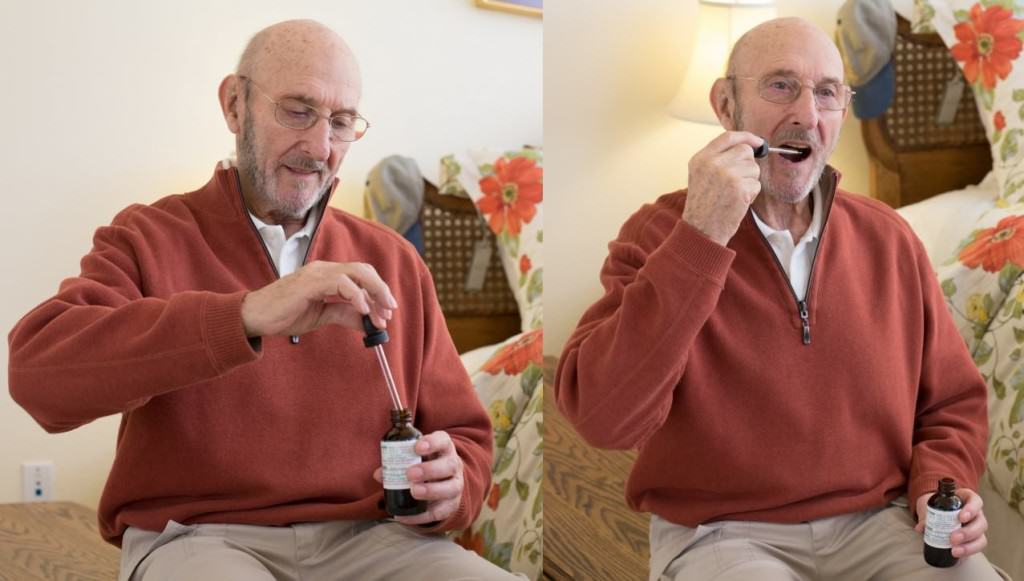
Unfortunately, we still don't have specific dosages of cannabis to treat Alzheimer's disease. Thus, each patient must find his/her own dosage, starting with very small doses that can be progressively increased dependiing on the observed effects. Telling our doctor that we are following this treatment is also recommended so there are no incompatibilities with other medicines (or with our health state).
Since both cannabinoids - THC and CBD - have complementary beneficial properties that act against the symptoms of Alzheimer's disease, a good choice is using cannabis strains with balanced THC:CBD ratio (1:1). If the patient doesn't tolerate the psychoactive effects of THC, varieties like CBD Therapy are almost completely free from this cannabinoid.

Scientific studies on the action of cannabinoids on Alzheimer's disease
For the most sceptical ones, and also for those who want to deepen their knowledge of this subject, here you have a list of 11 recent scientific publications about the use of cannabinoids from the marijuana plant to treat Alzheimer's disease:
1.- Safety and Efficacy of Medical Cannabis Oil for Behavioral and Psychological Symptoms of Dementia: An-Open Label, Add-On, Pilot Study. Published in the Journal of Alzheimer's disease, January 2016. While the complete version of this study is not available to the public yet, the conclusion indicates that cannabis oil (THC-rich) would be a promising and safe treatment for Alzheimer's patients.
2.- The Role of Endocannabinoid Signaling in the Molecular Mechanisms of Neurodegeneration in Alzheimer's Disease. Published in the Journal of Alzheimer's disease, August 2014.
3.- The Potential Therapeutic Effects of THC on Alzheimer's Disease. Published in the Journal of Alzheimer's disease, August 2014.
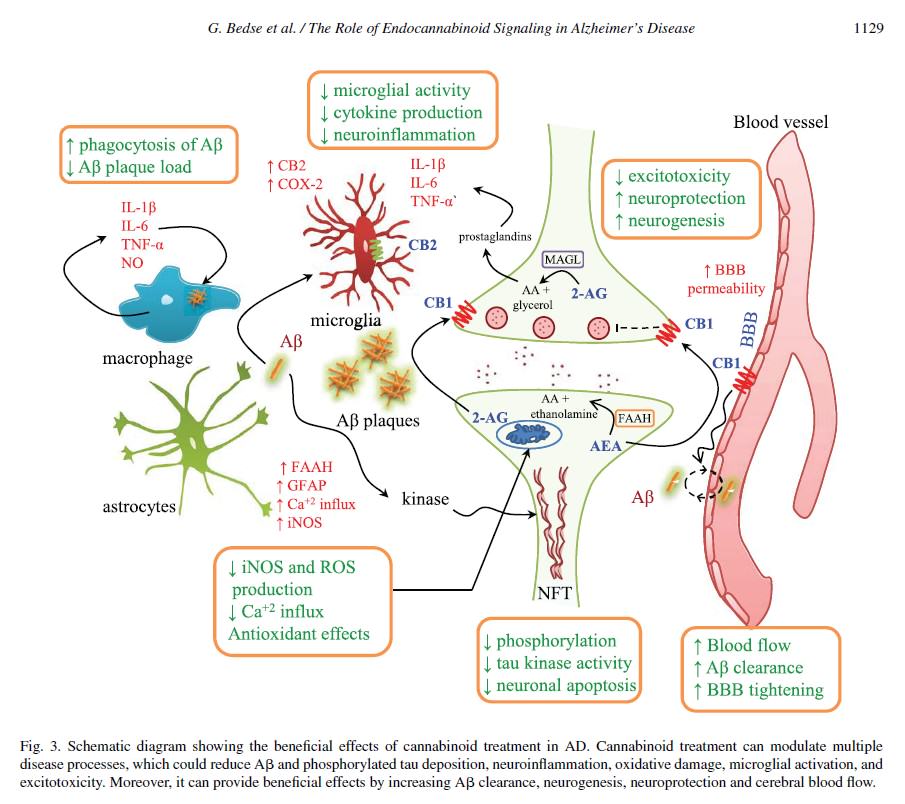
4.- Cannabinoids for treatment of Alzheimer?s disease: moving toward the clinic. Published in Frontiers in Pharmacology magazine, March 2014.
5.- Multitarget cannabinoids as novel strategy for Alzheimer disease. Published in Current Alzheimer Research, March 2013.
6.- The therapeutic potential of the endocannabinoid system for Alzheimer's disease. Published in Expert Opinion on Therapeutic Targets, March 2012.
7.- Cannabidiol Reduces Ab-Induced Neuroinflammation and Promotes Hippocampal Neurogenesis through PPARc Involvement. Published in PIoS ONE magazine, December 2011.
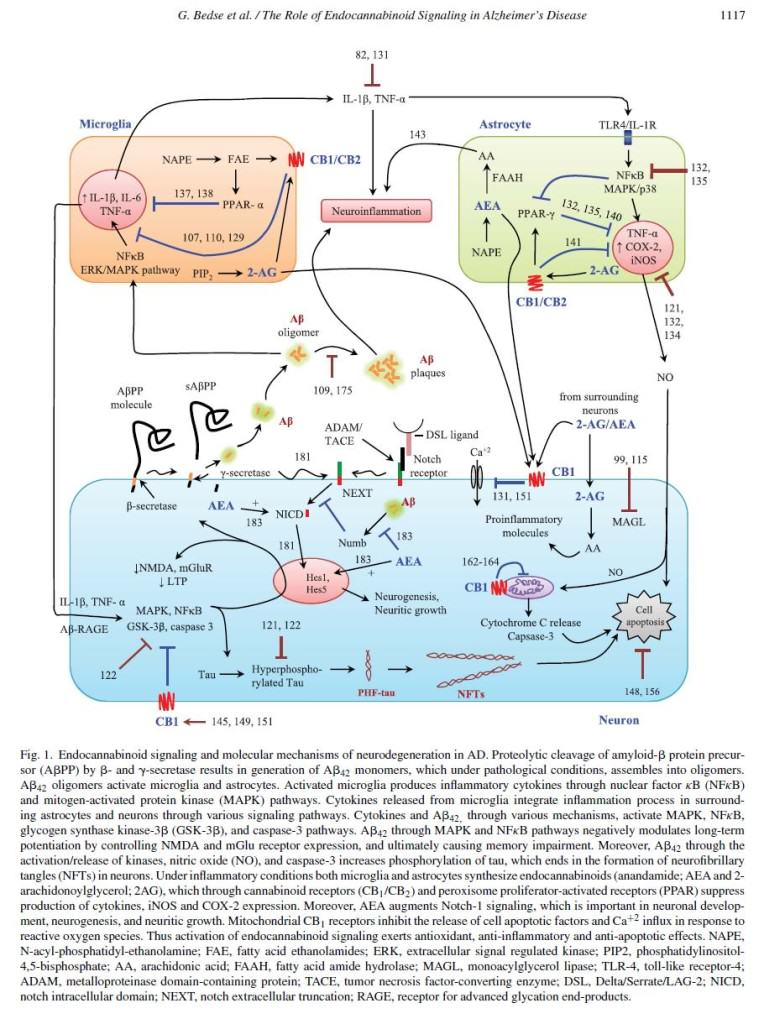
8.- Cannabidiol and Other Cannabinoids Reduce Microglial Activation In Vitro and In Vivo: Relevance to Alzheimer?s Disease. Published in Molecular Pharmacology, February 2011.
9.- Alzheimer?s disease; taking the edge off with cannabinoids? Published in the British Journal of Pharmacology, September 2007.
10.- A Molecular Link Between the Active Component of Marijuana and Alzheimer's Disease Pathology. Published in the Molecular Pharmaceutics magazine, November 2006.
11.- Prevention of Alzheimer?s Disease Pathology by Cannabinoids: Neuroprotection Mediated by Blockade of Microglial Activation. Published in the Journal of Neuroscience, February 2005.
Do not hesitate to share this information with your friends and acquaintances, also with any health professional or patient in your social environment.



































































